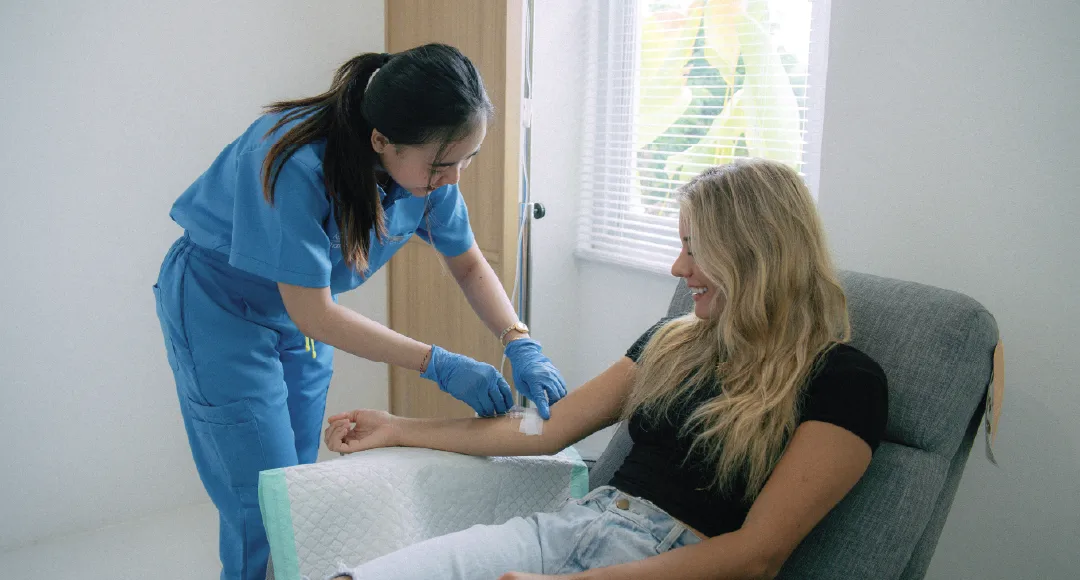The common cold, or upper respiratory infection (URI), is one of the most frequent reasons people miss school, work, or daily activities. Though generally mild, it can significantly affect quality of life and productivity. Understanding how to manage and prevent it is essential, especially in environments where people are in close contact, such as schools, …
The common cold, or upper respiratory infection (URI), is one of the most frequent reasons people miss school, work, or daily activities. Though generally mild, it can significantly affect quality of life and productivity. Understanding how to manage and prevent it is essential, especially in environments where people are in close contact, such as schools, offices, or clinics.
Health Issue Explanation
An upper respiratory infection (URI) refers to an infection that affects the nose, throat, and sinuses. The most common type is the common cold, typically caused by viruses. Symptoms include runny nose, sneezing, sore throat, cough, mild fever, fatigue, and congestion. While usually self-limiting, URIs can occasionally lead to complications, especially in people with weakened immune systems.
Causes or Risk Factors
URIs are primarily caused by viruses, especially rhinoviruses, but other viruses like coronavirus, adenovirus, or RSV can also be responsible. Risk factors include:
- Close contact with infected individuals
- Poor hand hygiene
- Weakened immune system
- Seasonal changes (more common in colder months)
- Exposure to crowded or poorly ventilated spaces
Solutions
The main approach to managing URIs is supportive care, as there is no cure for most viral infections. Solutions focus on relieving symptoms, preventing spread, and avoiding complications. Education on hygiene and appropriate use of medications is also key.
Prevention
URIs are contagious, so prevention strategies are crucial:
- Wash hands frequently with soap and water
- Avoid close contact with sick individuals
- Use tissues or elbows to cover coughs and sneezes
- Disinfect commonly touched surfaces regularly
- Maintain a healthy lifestyle to strengthen immunity (e.g., sleep, diet, exercise)
Treatment
Treatment is usually symptomatic and includes:
- Rest and staying hydrated
- Take medication according the symptoms; like decongestants, throat lozenges, or paracetamol
- Saline nasal sprays to ease congestion
- Warm fluids like tea or soup to soothe the throat
- Humidifiers to moisten dry air
- Get a vitamin drip at 911 medical clinic
Antibiotics are not effective against viral URIs and should only be used if there’s a confirmed bacterial complication. The common cold or upper respiratory infection may seem mild, but it can significantly disrupt your daily activities. By understanding how it spreads, recognizing symptoms, and following proper prevention steps, you can reduce your risk of infection and recover faster.
Maintain good hand hygiene, avoid close contact with sick people, and keep your immune system strong. If symptoms worsen or persist, don’t hesitate to seek medical advice.
For advanced care such as vitamin drip therapy or professional consultation, visit **911 Medical Clinic**. Receive expert treatment to help you recover quickly and get back to your routine comfortably.
Book a Consultation










